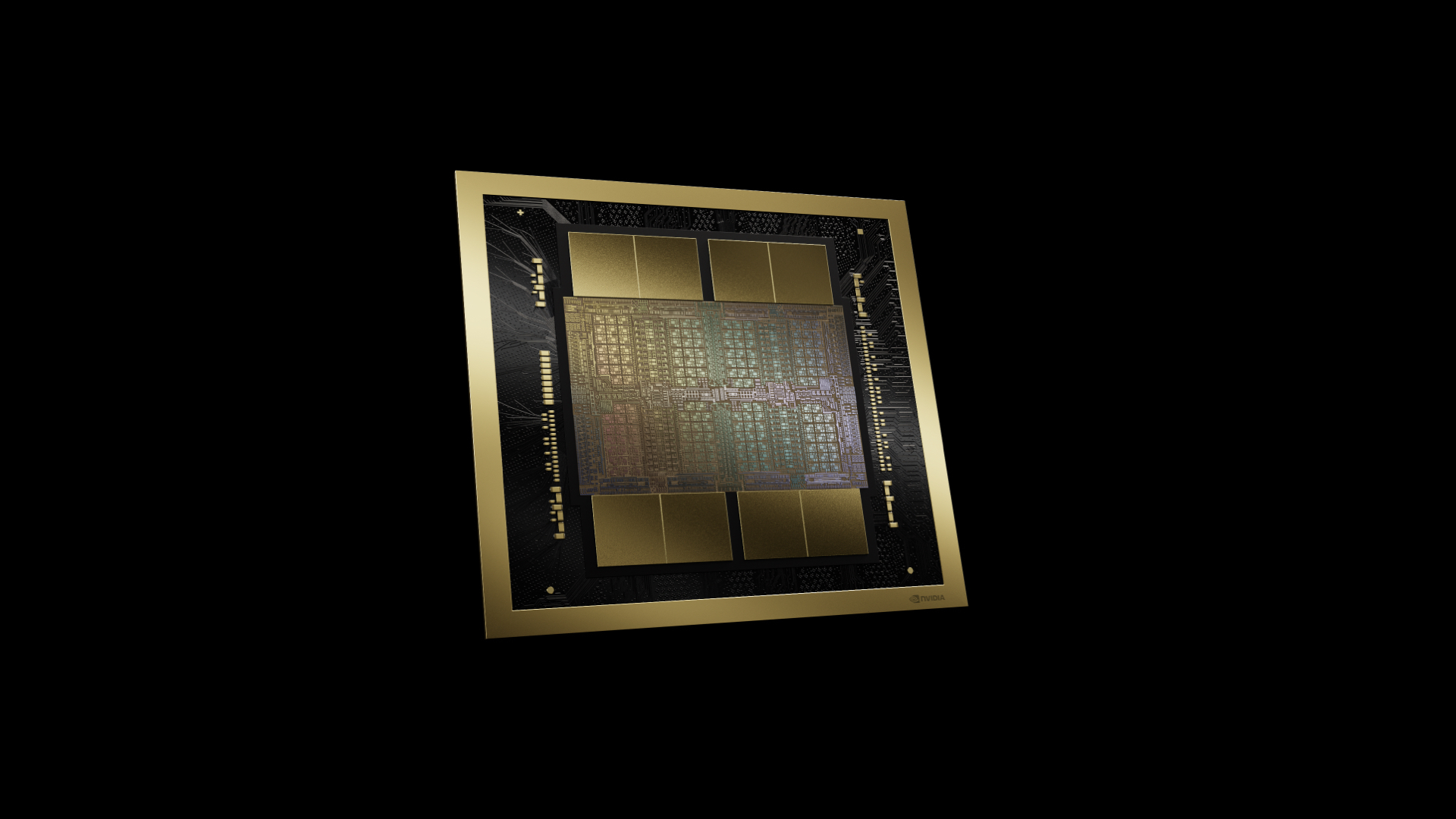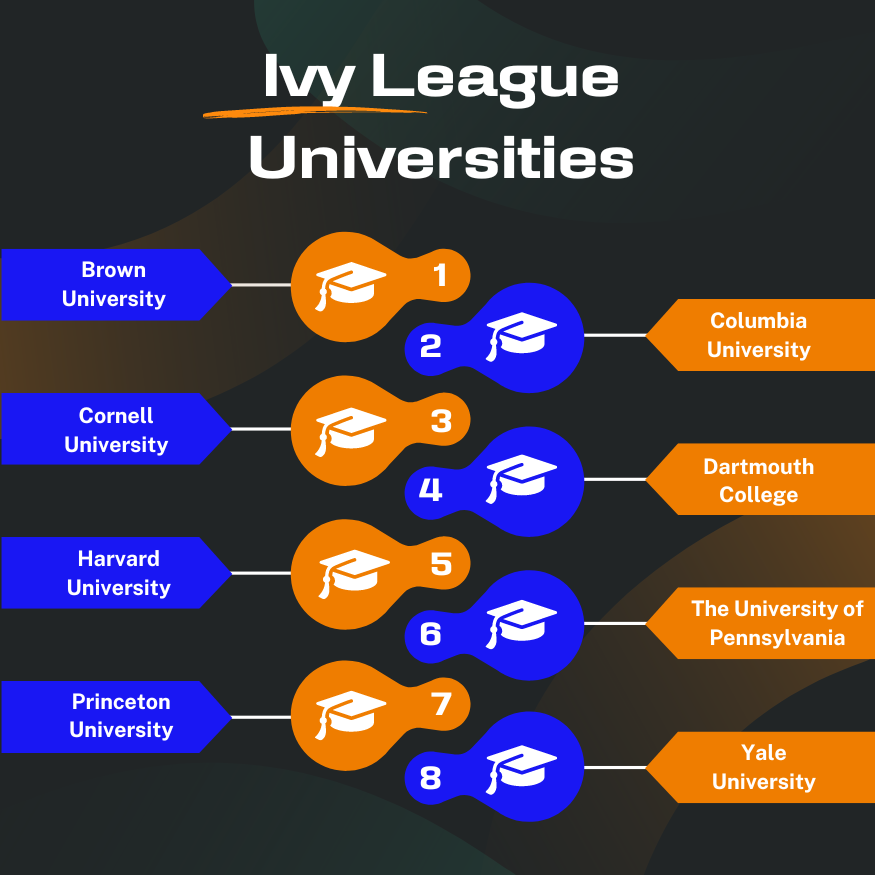Exclusive: Huawei's Advance In AI Chip Technology Challenges Nvidia

Table of Contents
Huawei's Ascend Series: A Deep Dive into its AI Chip Architecture
Huawei's Ascend series of AI chips represents a significant push into the high-performance computing market. This series, comprising chips like the Ascend 910 and Ascend 310, is designed to accelerate AI workloads, particularly in deep learning inference and training. These AI accelerators are built to compete directly with Nvidia's GPUs, boasting impressive specifications and capabilities.
-
Ascend 910: This flagship chip is designed for high-performance training tasks in deep learning. It boasts exceptional compute power, enabling faster model training and development. While precise benchmark comparisons are constantly evolving, independent tests suggest it holds its own against Nvidia's top-tier offerings in specific workloads.
-
Ascend 310: Focused on inference tasks, the Ascend 310 is optimized for energy efficiency and low latency, making it ideal for edge computing applications and deployment in resource-constrained environments. Its strength lies in delivering high performance with minimal power consumption.
-
Architecture: Unlike Nvidia's GPU-centric approach, Huawei's Ascend chips utilize a different architecture tailored specifically for AI workloads. This specialized design allows for optimized performance in certain AI tasks, though the overall superiority is often workload-specific. This architectural difference is a key differentiator in the AI chip technology arena.
-
Strengths and Weaknesses: Huawei's Ascend series excels in energy efficiency and performance in specific AI tasks. However, Nvidia currently maintains a broader ecosystem and software support, which might be a hurdle for wider adoption in some sectors. The ongoing competition between these AI accelerator technologies will likely drive significant innovation in the coming years.
Market Impact: How Huawei's Advancements Reshape the AI Landscape
Huawei's entry into the AI chip market with its competitive Ascend series is significantly impacting the competitive landscape. This has several crucial implications:
-
Market Share: Huawei's growing market share is putting pressure on Nvidia's dominance, forcing the industry leader to innovate and respond aggressively. The competition is pushing both companies to further refine their AI chip technology.
-
Price Competition: The introduction of Huawei's chips has introduced a new level of price competition, potentially making AI technology more accessible to a broader range of businesses and researchers.
-
AI Industry Growth: Increased competition fosters innovation and drives down costs, contributing to the overall growth and expansion of the AI industry. More players in the AI chip technology field lead to faster innovation.
-
Geopolitical Implications: Huawei's success in the AI chip sector also has significant geopolitical implications, particularly regarding technological independence and global supply chain dynamics.
Applications and Use Cases: Where Huawei's AI Chips Excel
Huawei's Ascend chips are already finding applications across various sectors:
-
Cloud Computing: Huawei's AI chips power its own cloud infrastructure, offering competitive cloud computing services leveraging its in-house AI chip technology. Data centers increasingly rely on powerful AI accelerators for complex data processing.
-
Data Centers: The Ascend 910 is well-suited for large-scale data center deployments, driving significant advancements in AI training and inference capabilities within these critical infrastructure hubs.
-
Autonomous Driving: Huawei is exploring the application of its AI chips in autonomous driving systems, where high-performance computing and low latency are crucial for safe and efficient operation.
-
5G and IoT: The Ascend 310's energy efficiency makes it a strong contender for deployment in 5G base stations and IoT devices, offering powerful AI processing at the edge. Image recognition and natural language processing are also key applications of Huawei’s AI chip technology.
Comparison with Nvidia: A Head-to-Head Analysis
A direct comparison between Huawei's Ascend series and Nvidia's top-tier offerings (like the A100 and H100) reveals both strengths and weaknesses:
-
Benchmarking: While benchmarks vary depending on the specific AI tasks, Huawei's Ascend 910 shows competitive performance in several key areas, especially in certain deep learning training scenarios.
-
Performance Comparison: Nvidia maintains a strong advantage in terms of software ecosystem and established developer support, whereas Huawei is rapidly building its own robust developer community. Nvidia's GPUs continue to dominate in some areas, though Huawei is rapidly closing the gap.
-
Price-Performance Ratio: Huawei often offers a competitive price-performance ratio, potentially making its chips a more attractive option for budget-conscious organizations.
Conclusion
Huawei's advancements in AI chip technology are undeniably significant, posing a serious challenge to Nvidia's dominance. The Ascend series demonstrates impressive performance and energy efficiency, opening new possibilities across various AI applications. The ongoing competition between Huawei AI chips and Nvidia's offerings will drive innovation and ultimately benefit the entire AI industry. This rivalry is reshaping the landscape of AI chip technology.
Call to Action: Stay informed about the latest developments in the exciting world of Huawei AI chips and Nvidia's response. Follow our blog for more exclusive insights into the future of artificial intelligence hardware and the evolution of AI chip technology. Learn more about the evolving competitive landscape of AI chip technology.

Featured Posts
-
 Is Misogyny Undermining Efforts To Protect Women And Girls A Mhairi Black Perspective
Apr 29, 2025
Is Misogyny Undermining Efforts To Protect Women And Girls A Mhairi Black Perspective
Apr 29, 2025 -
 Nyt Spelling Bee April 27 2025 Clues Answers And Pangram
Apr 29, 2025
Nyt Spelling Bee April 27 2025 Clues Answers And Pangram
Apr 29, 2025 -
 How To Get Capital Summertime Ball 2025 Tickets A Complete Guide
Apr 29, 2025
How To Get Capital Summertime Ball 2025 Tickets A Complete Guide
Apr 29, 2025 -
 Exclusive Ivy League Schools Create Coalition To Resist Trump
Apr 29, 2025
Exclusive Ivy League Schools Create Coalition To Resist Trump
Apr 29, 2025 -
 Finding Capital Summertime Ball 2025 Tickets A Practical Approach
Apr 29, 2025
Finding Capital Summertime Ball 2025 Tickets A Practical Approach
Apr 29, 2025
